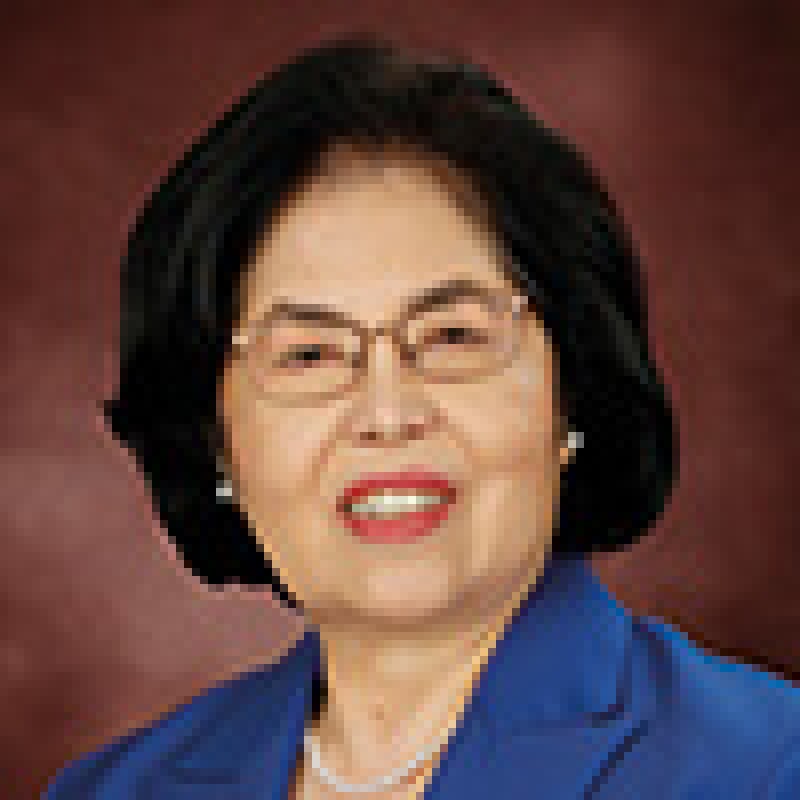On May 20 2019, the Intellectual Property Office of the Philippines (IPOPHL) started operating as an international searching authority (ISA) and international preliminary examining authority (IPEA). It now conducts search and preliminary examination of international applications filed under the Patent Cooperation Treaty (PCT) of the World Intellectual Property Organization. To encourage Filipino inventors, as well as higher educational institutions that are members of the Innovation and Technology Support Offices Network (ITSO), the IPOPHL has launched a programme waiving search and preliminary examination fees for the first 100 applicants which choose IPOPHL as the ISA or IPEA. Under this PCT Filing Assistance Program, foreign applicants from states included in WIPO's list of eligible nationals or residents may also avail of a 90% reduction of certain PCT fees. This programme is in effect until December 31 2019, or after 100 requests for ISRs have been filed, whichever comes first. The IPOPHL's Schedule of Fees as ISA can be found in the PCT Applicant's Guide – International Phase on the WIPO website. The Applicant's Guide also provides a few guidelines in relation to the IPOPHL's function as ISA, such as the conditions for refund and amount of refund of the search fee, whether the IPOPHL requires that nucleotide and/or amino acid sequence listings be furnished in electronic form, and which subject matter will not be searched, among others.
Accession to the Apostille Convention
On May 14 2019, the Philippines' accession to the Apostille Convention took effect, where foreign public documents from Apostille-contracting countries (except for Austria, Finland, Germany and Greece), once Apostillised, need not be authenticated by Philippine embassies and consulate generals in order to be recognised and accepted in the Philippines. This significantly reduces the inconvenience, time and expense in the authentication of documents. Conversely, Philippine public documents need not undergo diplomatic or consular authentication for the same to be accepted in fellow Apostille-contracting countries. The previous process of authentication by the Philippine consulate offices shall continue to apply to countries and territories which are not Apostille-contracting parties.

|

|
Editha R Hechanova |
Chrissie Ann L Barredo |
Hechanova & Co., Inc.Salustiana D. Ty Tower104 Paseo de Roxas AvenueMakati City 1229, PhilippinesTel: (63) 2 812-6561Fax: (63) 2 888-4290editharh@hechanova.com.ph










